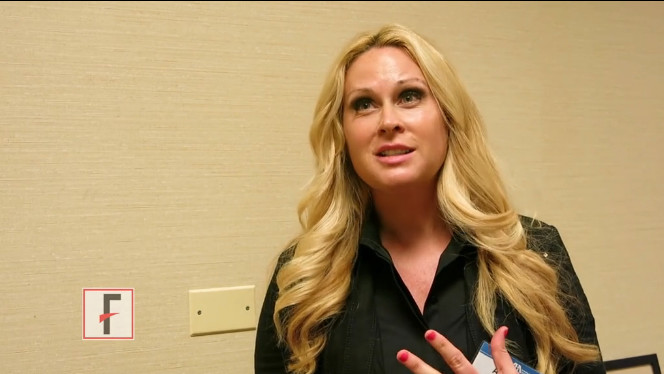User login
CHICAGO – The U.S. Department of Health & Human Service’s Office of Inspector General (OIG) is warning doctors to be wary of improper physician arrangements that could violate the federal Anti-Kickback Statute.
The federal law prohibits doctors from receiving any form of payment in exchange for past or future patient referrals under the Medicare or Medicaid programs.
The OIG recently reached settlements with 12 individual physicians who entered into questionable medical directorship and office staff arrangements. The agency stated money paid to the doctors was improper because the payments took into account volume or value of referrals and did not reflect fair market value for services provided.
Physicians sometimes enter into questionable physicians arrangements, such as medical directorships, without fully understanding if they are proper, said attorney Adrienne Dresevic, who spoke at a recent conference held by the American Bar Association.
In a video interview during the conference, Ms. Dresevic discussed common physician compensation arrangements that come under government scrutiny and how well-intentioned doctors can fall prey to Anti-Kickback Statute allegations. Ms. Dresevic, who practices health law in Southfield, Mich., also spoke about how physicians can avoid risky physician compensation arrangements.
CHICAGO – The U.S. Department of Health & Human Service’s Office of Inspector General (OIG) is warning doctors to be wary of improper physician arrangements that could violate the federal Anti-Kickback Statute.
The federal law prohibits doctors from receiving any form of payment in exchange for past or future patient referrals under the Medicare or Medicaid programs.
The OIG recently reached settlements with 12 individual physicians who entered into questionable medical directorship and office staff arrangements. The agency stated money paid to the doctors was improper because the payments took into account volume or value of referrals and did not reflect fair market value for services provided.
Physicians sometimes enter into questionable physicians arrangements, such as medical directorships, without fully understanding if they are proper, said attorney Adrienne Dresevic, who spoke at a recent conference held by the American Bar Association.
In a video interview during the conference, Ms. Dresevic discussed common physician compensation arrangements that come under government scrutiny and how well-intentioned doctors can fall prey to Anti-Kickback Statute allegations. Ms. Dresevic, who practices health law in Southfield, Mich., also spoke about how physicians can avoid risky physician compensation arrangements.
CHICAGO – The U.S. Department of Health & Human Service’s Office of Inspector General (OIG) is warning doctors to be wary of improper physician arrangements that could violate the federal Anti-Kickback Statute.
The federal law prohibits doctors from receiving any form of payment in exchange for past or future patient referrals under the Medicare or Medicaid programs.
The OIG recently reached settlements with 12 individual physicians who entered into questionable medical directorship and office staff arrangements. The agency stated money paid to the doctors was improper because the payments took into account volume or value of referrals and did not reflect fair market value for services provided.
Physicians sometimes enter into questionable physicians arrangements, such as medical directorships, without fully understanding if they are proper, said attorney Adrienne Dresevic, who spoke at a recent conference held by the American Bar Association.
In a video interview during the conference, Ms. Dresevic discussed common physician compensation arrangements that come under government scrutiny and how well-intentioned doctors can fall prey to Anti-Kickback Statute allegations. Ms. Dresevic, who practices health law in Southfield, Mich., also spoke about how physicians can avoid risky physician compensation arrangements.
EXPERT ANALYSIS FROM THE PHYSICIANS LEGAL ISSUES CONFERENCE
